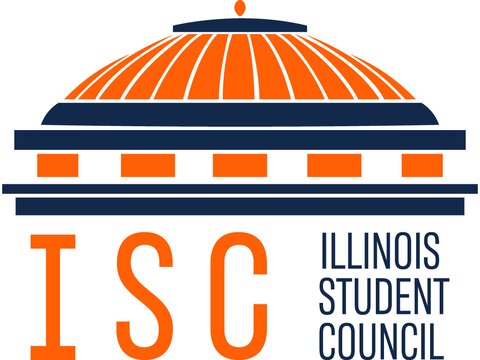Image

Body


Welcome to Illinois Student Council!
The officially recognized student government at the University of Illinois Urbana-Champaign.



Welcome to Illinois Student Council!
The officially recognized student government at the University of Illinois Urbana-Champaign.